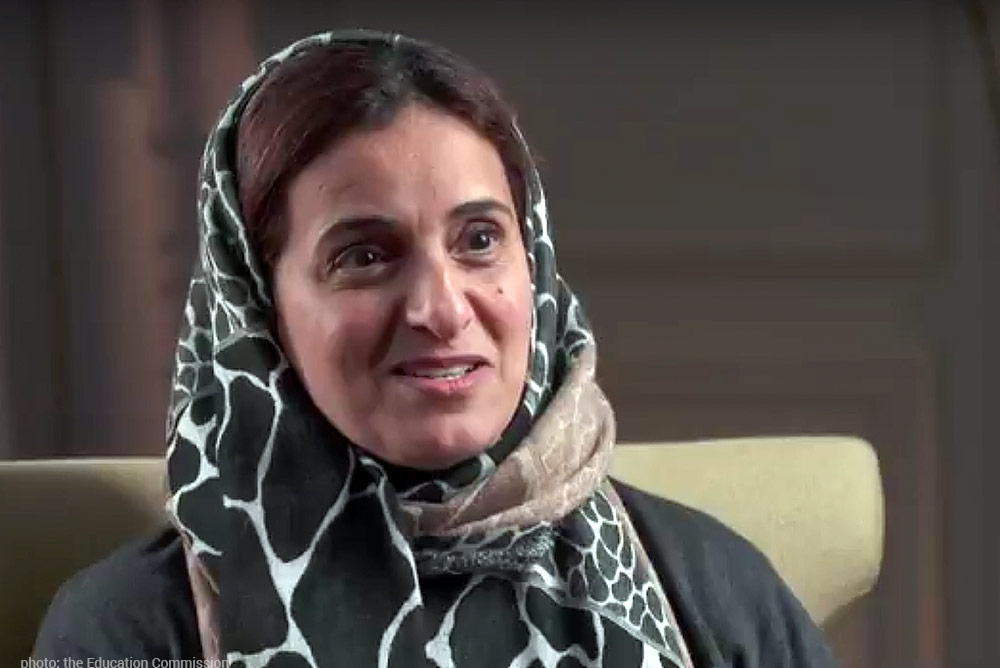I am deeply honored to be able to contribute to the Global Education Commission’s goal of promoting equal educational opportunity for children and young people.
This is one of the most pressing development issues of our time, and is particularly close to my heart. The United Arab Emirates has made education – in particular, girls’ education – a cornerstone of its own development, and we have reaped the rewards. From its inception as a state more than forty years ago, the UAE has worked to ensure access to quality education for all citizens, with a particular emphasis on girls’ education. Today, the country boasts a world-class workforce, with women contributing to all parts of civic, economic and political life. They continue to support the UAE’s continued, upward trajectory.
The UAE has also made education a central pillar of its overseas assistance programs, granting more than US$431.9 million to this sector from 2010-2014. Through entities such as Dubai Cares, a philanthropic organization working to improve children’s access to quality primary education in developing countries, the UAE has helped millions of children, in more than 30 countries, go to school.
The considerable return on investment in education is self-evident, as it increases a country’s productivity, reduces mortality and powers sustainable economic growth. Indeed, studies have shown that deprivation is best tackled by increasing education opportunities equally for girls and boys. Girls’ education, we now know, significantly helps lower maternal and child mortality, reduce fertility rates and promote broader health and economic benefits for society as a whole. These gains, in turn, help to promote access to education creating a positive feedback loop. Addressing population growth and health risks, for example, makes achieving convergence in education attainment more feasible, and so on.
Narrowing the gap in education achievement is not the sole concern of developing countries; it is not only the poor who suffer the ill effects of inequality. Education disparities between and within countries can hinder global economic growth and contribute to global instability, as high unemployment and high inequality – combined with the increased opportunity for people and ideas to move around the world – fuel instability. Moreover, the major challenges of our generation – from climate change to mass displacement – do not respect borders, and all countries will need to work together if we are to be successful.
Although the international community recognizes all of these issues, as captured in Sustainable Development Goal Four – to “ensure inclusive and quality education for all and promote lifelong learning” – the sums actually spent on education have fallen in recent years, both as a percentage of domestic spending and in terms of gross contributions by international donors. The level of schooling in some countries in sub-Saharan Africa is, for example, equivalent to that of advanced economies almost a century ago, and the gap will continue to widen without urgent and targeted intervention.
These worrying trends make the work of the Global Education Commission critical, as it endeavors to clarify the impact of education, highlight the consequences of inaction, and identify a clear path to finance and deliver quality education for all. It is incumbent on all members of the international community – governments, civil society, the private sector and international organizations – to support this effort. Ultimately, fairness in access to education will benefit us all.
Sheikha Lubna Al Qasimi is a Cabinet Member at Minister of State for Tolerance in the United Arab Emirates.

